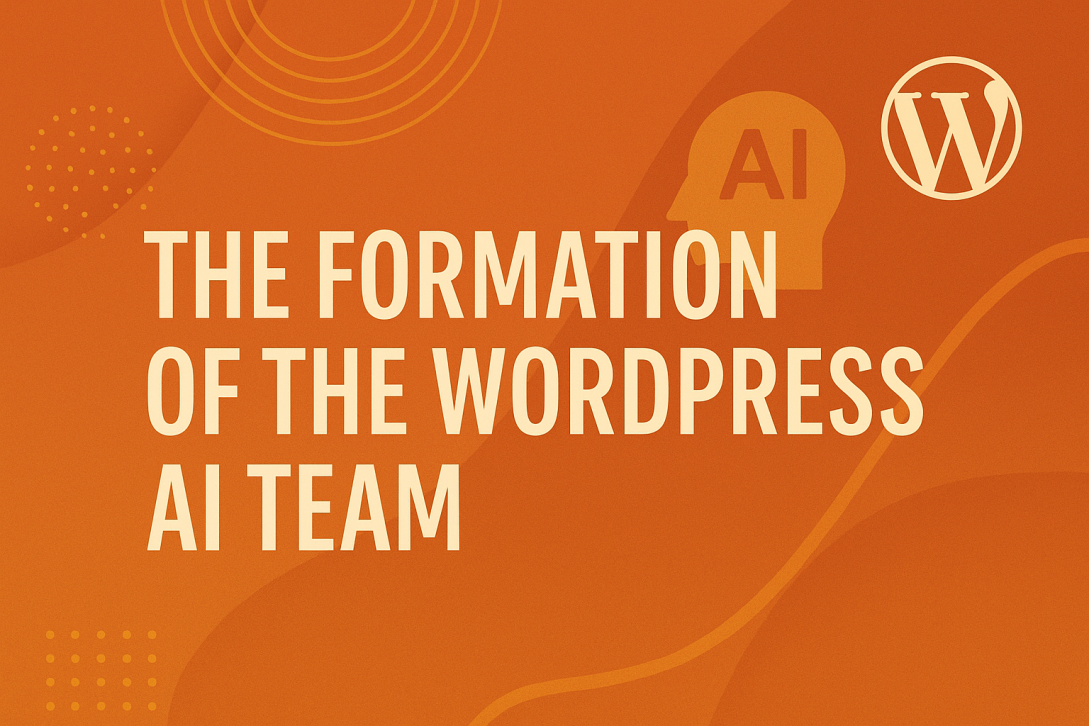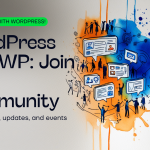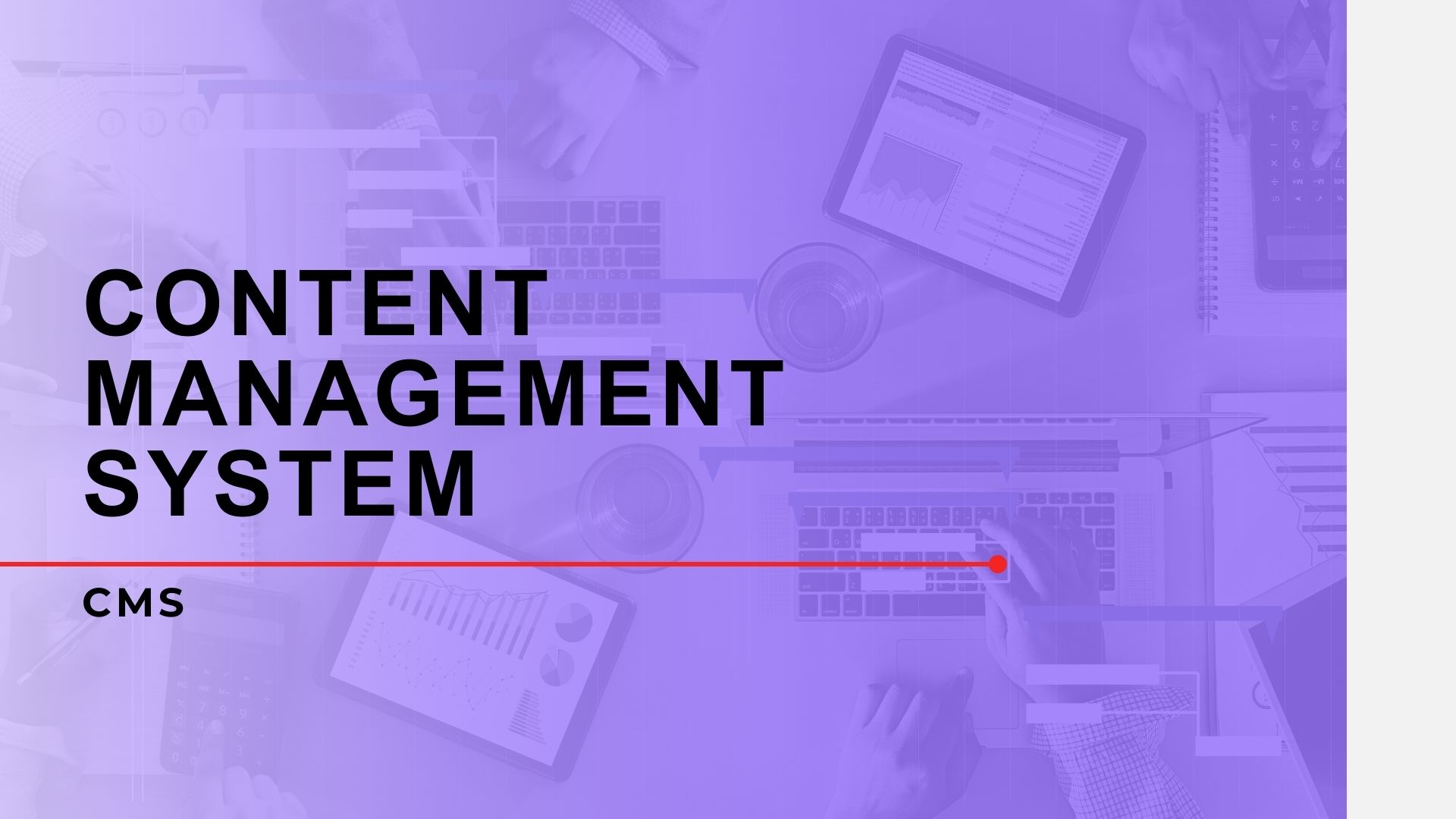The digital world is witnessing a seismic shift as artificial intelligence becomes more than just a buzzword—it’s now a critical part of how we build, operate, and experience the web. In a landmark move that signals WordPress’s commitment to staying ahead of the curve, the formation of an official AI Team has been announced. This dedicated team will not only shape the future of AI within the WordPress ecosystem but also redefine what’s possible within open-source content management systems.
As one of the most widely used platforms on the internet, WordPress has always represented the democratization of publishing. From humble beginnings to powering over 40% of all websites, it has continually evolved to meet the needs of its vast community. Now, with artificial intelligence emerging as the next frontier, the new AI Team has a mission as ambitious as the platform itself: to responsibly integrate AI capabilities while preserving the openness, accessibility, and freedom that define WordPress.
Why WordPress Needed an AI Team
The digital landscape is being reshaped by AI at an unprecedented pace. From content generation and image editing to intelligent search and personalized experiences, AI has the power to revolutionize how we interact with websites. WordPress, with its vast plugin ecosystem and millions of users, stands at a unique crossroads. It can either allow AI to evolve in a fragmented, chaotic way or step in to provide structured guidance, standards, and leadership.
That’s where the AI Team comes in. Until now, there has been no coordinated effort within WordPress to ensure AI features are developed ethically, efficiently, and inclusively. Thousands of plugins have tried to address different facets of AI—from chatbots to content creation tools—but without any canonical direction or unified vision. The newly formed team is here to change that by building a thoughtful and strategic approach to AI, rooted in the core values of WordPress.
This team isn’t just a group of developers experimenting with neural networks. It represents a powerful coalition of minds from leading organizations that are deeply embedded in the WordPress community. This is a team built not to chase trends, but to establish frameworks that ensure every AI-powered interaction upholds the principles of privacy, accessibility, transparency, and user control.
Who’s Behind the Mission
At the heart of this initiative is a multidisciplinary team comprising seasoned contributors from some of the biggest names in the open web. With individuals from Automattic, Google, and 10up among its members, the team brings a wealth of experience in engineering, design, community building, and ethical technology.
These aren’t just token representatives. Each member has a track record of thoughtful, principled contributions to the open-source world. This diversity in perspective and background ensures that the WordPress AI Team is not merely technical in nature—it is philosophically aligned with the idea of building AI that serves people, not the other way around.
They are not working in isolation. Collaboration with existing Make WordPress teams—including Core, Design, Accessibility, and more—will ensure that the AI roadmap aligns with ongoing platform evolution. This cross-pollination of ideas and standards is critical to avoiding siloed development and to creating features that integrate seamlessly across the WordPress experience.
What Will the AI Team Do?
While the full vision will likely evolve over time, the initial goals of the AI Team are both strategic and practical. One of the most exciting initiatives involves the development of Canonical Plugins focused on AI functionality. These plugins will serve as reference implementations, ensuring high-quality, secure, and ethically developed tools that other developers can learn from—or build on.
Canonical Plugins are not just “default” tools; they set the gold standard. Whether it’s a plugin for AI-assisted content writing, automated tagging, real-time translation, or intelligent layout suggestions, these tools will showcase best practices in user experience, accessibility, and privacy.
Another key responsibility of the AI Team is coordinating across different parts of the WordPress project. Instead of building AI features in isolation, they will work hand-in-hand with design teams to ensure usability, with accessibility experts to make features inclusive, and with core developers to guarantee performance and security. This ensures that AI doesn’t become a bolt-on gimmick but rather a foundational layer of the user experience.
Community engagement is also a major priority. AI shouldn’t be dictated from the top down. The team plans to hold regular discussions, share updates, and invite feedback from users and developers alike. They want to ensure that the AI evolution reflects the diverse needs of bloggers, developers, educators, small businesses, and everyone else who relies on WordPress daily.
The Impact on the Ecosystem
The effects of this initiative will be felt far beyond the walls of the WordPress development community. For everyday users, AI integration could mean faster content creation, smarter design recommendations, improved SEO, and even voice-to-post functionalities. Imagine drafting a blog post just by speaking, or having an AI suggest the best layout for your landing page based on your niche and goals.
For developers, the AI Team represents clarity in a space that has often felt like the Wild West. The current plugin directory includes over 660 plugins labeled “AI,” each with varying degrees of quality, security, and maintenance. By offering canonical examples, the team will help raise the bar and reduce the risk of poor implementation. It will give plugin authors models to follow, eliminating guesswork and fragmentation.
Even more importantly, this team can help instill confidence in users. There is growing public concern about how AI is used—concerns about data collection, manipulation, bias, and loss of control. By embedding responsible AI principles into the heart of WordPress, the platform can reassure its users that their content remains theirs, and that AI tools are designed to support, not exploit.
From an industry standpoint, this move may prompt other open-source projects to follow suit. By establishing governance, ethical guidelines, and practical tooling for AI, WordPress is setting a precedent. It shows that even in the age of rapid innovation, it is possible—and necessary—to slow down and think carefully about how technology shapes our future.
Shaping the Future of Web Publishing
As AI becomes more prevalent in our daily lives, we face a crucial question: will technology serve creativity, or will it replace it? The WordPress AI Team seems firmly committed to the former. Their philosophy appears to be rooted in augmentation, not automation. AI tools should help people do more—not do everything for them.
Take content generation, for example. Rather than replacing writers with machine-generated posts, WordPress could offer tools that help refine, translate, or brainstorm content. Designers could get AI-powered layout suggestions that accelerate their creative flow, not override it. Site managers might receive intelligent insights on visitor behavior that help them engage better, not manipulate data behind the scenes.
There’s also enormous potential in accessibility. AI could help generate alt text for images, provide live translation for multilingual audiences, or assist visually impaired users in navigating content more effectively. These aren’t just conveniences—they’re game changers for inclusivity and equity on the web.
And then there’s developer tooling. With the help of AI, writing complex functions, debugging, or even generating documentation could become faster and more accurate. Imagine a future where AI within the WordPress editor can suggest code completions, enforce best practices, or guide new contributors through their first patches.
This isn’t speculative fiction—it’s entirely possible within the next few years if the right framework and tooling are built now. That’s why the AI Team’s early efforts in research, plugin development, and community discussion are so critical. They are laying the foundation for a future where AI is not an add-on, but an integral, transparent, and empowering part of the WordPress ecosystem.
Challenges Ahead
Of course, this journey won’t be without hurdles. Integrating AI into a platform as vast and decentralized as WordPress introduces technical, ethical, and logistical challenges. One of the biggest concerns will be balancing innovation with privacy. AI models often rely on large datasets, but in an environment like WordPress—where users span countries, legal systems, and philosophies—that data must be handled with the utmost care.
The team will also need to confront issues of bias and fairness. AI is only as good as the data it’s trained on, and poorly trained models can reinforce stereotypes or exclude marginalized voices. For a platform that prides itself on inclusivity, these risks must be taken seriously and addressed openly.
Then there’s the question of transparency. Users need to know when AI is involved in a decision or recommendation. They need ways to opt out or adjust behavior. Building clear, understandable settings for AI features will be just as important as the technology behind them.
There will also be a cultural shift required. Not every contributor or user is enthusiastic about AI, and some may be wary of its implications. The team will need to build trust, provide education, and foster a collaborative environment where concerns are addressed, not dismissed.
The Bigger Picture
The formation of the AI Team isn’t just a tech initiative—it’s a reflection of WordPress’s evolving identity. For years, the platform has been at the intersection of content, community, and code. Now, with AI in the mix, it’s stepping into a broader role: that of a responsible innovator in the digital age.
This could fundamentally change how people think about building online experiences. Instead of struggling through technical hurdles, users could spend more time creating, connecting, and expressing themselves. Instead of coding from scratch, developers could build with greater velocity and confidence. Instead of disjointed plugins and scattered tools, the WordPress experience could become more unified, intelligent, and deeply personalized.
WordPress has always been more than just software—it’s been a movement. And now, as it embraces AI, it has the opportunity to guide the next phase of the open web in a way that’s ethical, inclusive, and genuinely empowering.
Final Thoughts
The launch of the WordPress AI Team represents a bold, visionary step into the future. It acknowledges the power and promise of artificial intelligence, but refuses to accept its risks blindly. Instead, it offers a blueprint for how open-source platforms can innovate responsibly, collaboratively, and with purpose.
There is no doubt that AI will transform how websites are built, managed, and experienced. The question is: will it do so in a way that respects users and supports creators? With the formation of this dedicated team, WordPress is sending a clear message—it intends to lead that transformation, not just follow it.
We stand on the edge of a new era in web publishing. One where code and creativity meet intelligence and insight. With the WordPress AI Team leading the way, the future isn’t just coming—it’s being thoughtfully, inclusively, and intelligently built.













